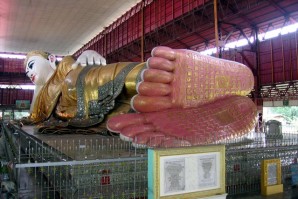
20 Feb
Chaukhtatgyi Paya
Fifty years ago there was a giant standing buddha poking his head above the temples and monasteries here, but one day he got tired and collapsed into a heap on the floor, whereupon he was replaced with the monster-sized lazy reclining buddha you see today. One of Myanmar’s more beautiful reclining buddhas, the placid face of the Chaukhtatgyi Buddha is topped by a crown encrusted in diamonds and other precious stones.
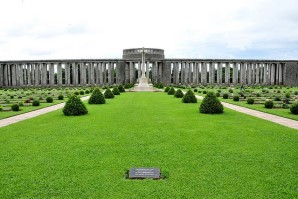
20 Feb
Allied War Cemetery
Located in Mingaladon Township, Yangon Division, about 32 km from Yangon, on the road to Bago, the Allied War Cemetery is a memorial to Allied soldiers who died in battle in Burma during World War II. It is one of 3 Allied War Memorial Cemeteries in Myanmar, along with the Htauk Kyant War Memorial Cemetery and the Thanbyuzayat war cemetery.
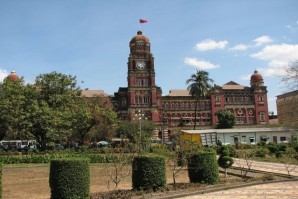
20 Feb
Maha Bandula Park
The Maha Bandula Park (also called Mahabandula, Mahaandoola or Maha Bandula Garden) is a public national park which located in downtown Yangon, Burma. The park is surrounded by some famous tourist attractions in the area such as the Sule Pagoda, the Yangon City Hall and the High Court and near 4 main streets of Yangon. The name Maha Bandula of this park is set in order to remind the general who fought against the British in the First Anglo-Burmese War (1824-1826). The park also has an Independence Monument, an obelisk to commemorate the Burmese independence from the British since 1948. Nowadays, Maha Bandula Park is an ideal location for people to relax and play sports, especially for t’ai chi practitioners.
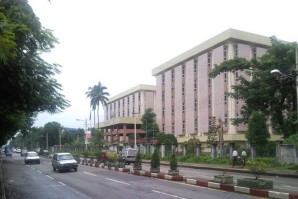
20 Feb
National Museum Yangon
Located in Dagon, Yangon, the National Museum of Myanmar was founded in 1952 in order to conserve the values of art, history and culture in Myanmar. The museum has an abundant collection of ancient artworks, artifacts, ornaments, inscriptions and historic memorabilia, which related to the history, culture and civilization of Burmese people.
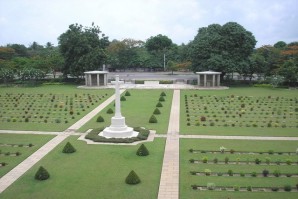
20 Feb
Taukkyan War Cemetery
Taukkyan War Cemetery is in Taukkyan town in the township of Mingaladon, Yangon greater area, on the main highway No 1 Pyay Road. From the centre of the city of Yangon, it is 21 miles north and 11 miles from the international airport, 45 minutes drive from the centre of Rangoon and 24 minutes from the International airport. Exact location of the cemetery is North (17º02’08.24″) and East (96º07’55.28″).
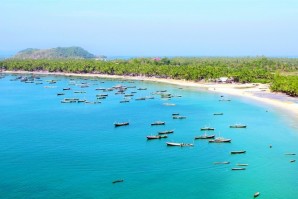
20 Feb
Ngwe Saung
This beautiful 15km (10 mile) palmed lined white sand beach is amazingly almost empty of tourists. The area must be expecting a large influx of visitors as empty luxury resorts line the north end. At the town’s main junction and bus stop the street goes left, to cheaper accommodation, or right, towards town.
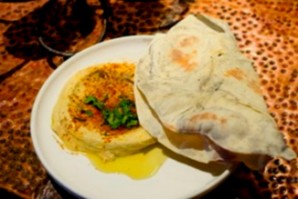
20 Feb
The Black Dough Called Mont Kalar Mei
We, Myanmar people, usually have numerous kinds of snacks and traditional foods region wise. Most of them are made, based on rice and glutinous rice. In Myanmar, there is a very greening and pleasant coastal region called Myeik at which the dough with the special taste is very famous regional dessert.
The staple ingredients are white and purplish glutinous rice and high quality rice. After getting purified all ingredients, they have to be mixed with proportion. For example , 3 baskets of rice and 3 baskets each of white and black purplish glutinous rice.
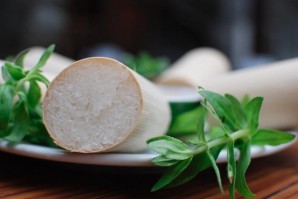
20 Feb
Bamboo-tube Sticky Rice (Kauke Hnin Kyi Daut)
Bamboo-tube sticky rice which we called Kauk Nyin Kyidauk, is one of the favourite seasonal food among many traditional foods made with Myanmar rural products.
There are various types of bamboo in Myanmar, among them, “ Tin-wa” “ pencil tube bamboo” is used in making Bamboo-tube sticky rice.
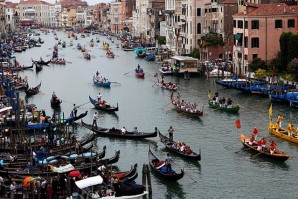
20 Feb
Myanmar Regatta Festival
The royal Naval Expedition of A.D. 1841 via the brimful Ayeyawaddy River and also by land as recorded in the Great Royal Chronicle of the Konbaung Dynasty Vol. III was a grand flotilla and parade combined with 15,000 men, 320 war elephants, some 500 steeds and over 1,000 boats, barges, and water crafts of all sizes and kinds.
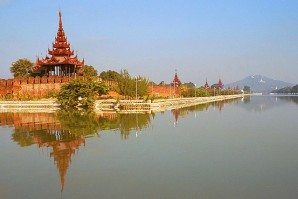
20 Feb
Mandalay Palace
Located in Mandalay, Myanmar, the Mandalay Palace is the royal palace of King Mindon and King Thibaw – the last two kings of the Burmese monarchy. The palace was built in 1857 but was destroyed once in the World War II.













